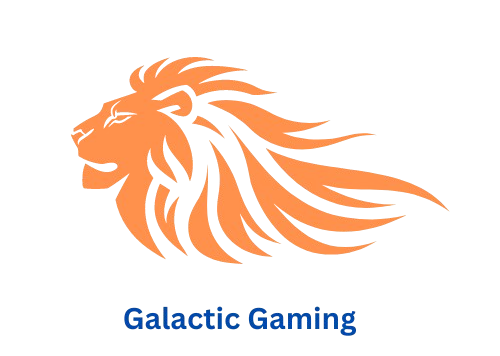Online gaming has become a cultural and technological force, revolutionizing how people play, compete, and connect. Once a niche hobby, it has transformed into a global phenomenon that transcends borders, bringing players together in shared digital experiences. With constant advancements in technology, online gaming continues to grow, shaping entertainment and fostering virtual communities like never before.
The origins of online gaming began with situs sbobet resmi simple multiplayer interactions during the early days of the internet. Titles like Doom and Quake allowed players to connect over local networks, offering the thrill of real-time competition. These games laid the foundation for a new form of play, where people could interact and challenge one another without being physically present. The idea quickly gained traction, and as internet speeds improved, online gaming evolved into something much bigger.
In the 2000s, the rise of Massively Multiplayer Online (MMO) games like World of Warcraft introduced players to vast, persistent digital worlds. Thousands of players could explore, collaborate, and compete in these immersive settings, creating entire virtual communities. Online gaming was no longer just about winning—it became about forming friendships, building teams, and sharing experiences. The sense of community in MMOs was unmatched, with players spending countless hours crafting their characters and creating in-game memories.
Around the same time, gaming consoles like the PlayStation and Xbox adapted to the online revolution. Platforms like Xbox Live and PlayStation Network allowed players to compete globally, connect with friends, and download new content. Games such as Call of Duty and Halo became household names, popularizing competitive multiplayer modes and introducing new features like online leaderboards and achievements. Consoles brought online gaming to living rooms worldwide, broadening its appeal to casual and dedicated gamers alike.
The 2010s saw the rise of mobile gaming, making online play more accessible than ever. Smartphones brought powerful gaming experiences to players’ fingertips, leading to the success of titles like Clash Royale, Fortnite, and PUBG Mobile. With simple controls and free-to-play models, mobile games attracted players from all walks of life. Mobile gaming not only expanded the gaming audience but also made online gaming a part of daily routines for millions around the globe.
Esports emerged as another major milestone in the evolution of online gaming. Competitive games like League of Legends and Dota 2 gave rise to professional gaming tournaments with massive audiences and prize pools. Platforms like Twitch and YouTube Gaming allowed fans to watch live matches, cheer for their favorite players, and interact with gaming communities. Esports turned skilled gamers into global celebrities and established online gaming as a legitimate form of competition and entertainment.
Today, online gaming is about more than just competition—it’s a social experience. Games like Minecraft, Roblox, and Fortnite offer platforms for creativity, exploration, and connection. Players build their own worlds, attend virtual concerts, and hang out with friends in these digital spaces. Online gaming has become a new form of social interaction, where people across the world can collaborate, share ideas, and have fun together.
Looking ahead, the future of online gaming is filled with exciting possibilities. Technologies like Virtual Reality (VR) and Augmented Reality (AR) promise to make gaming even more immersive, blending the digital and physical worlds. Cloud gaming services are removing the need for expensive hardware, making high-quality gaming experiences more accessible. Artificial intelligence (AI) and blockchain are also shaping the industry, from smarter game mechanics to secure ownership of virtual assets.
In conclusion, online gaming has grown into a massive global industry that connects people, fosters creativity, and pushes technological boundaries. Whether through competitive play, creative worlds, or social interaction, online gaming has become a cornerstone of modern entertainment. As technology continues to advance, it promises to take online gaming to even greater heights, offering endless possibilities for players everywhere.
